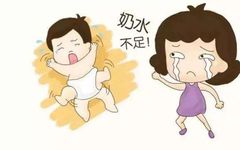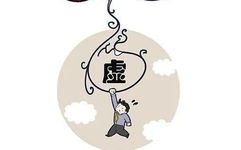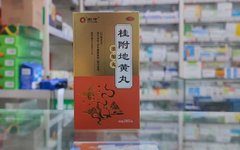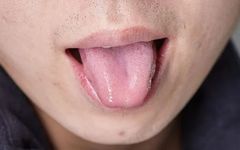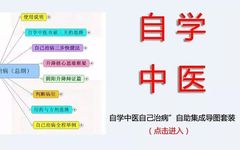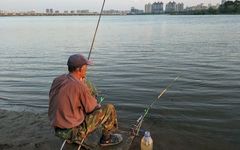How to Regulate Kidney Yang Deficiency During Menopause?
Menopausal syndrome, referred to in Traditional Chinese Medicine (TCM) as premenopausal and postmenopausal symptoms, is often caused by a deficiency of Yang energy or the invasion of external cold and dampness. Excessive consumption of cold foods, overindulgence in cooling activities, excessive sexual activity, or simply aging can lead to a decline in Kidney Yang. The … Read more

